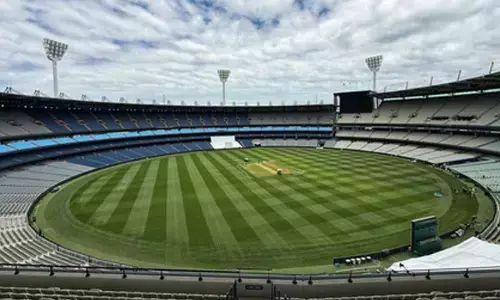Andy Grove Intel co-founder no more

Intel said Monday evening that Intel co-founder and former chief executive Andy Grove has died. He was 79.
Intel said Monday evening that Intel co-founder and former chief executive Andy Grove has died. He was 79.
Grove, who cofounded Intel with Gordon Moore and Robert Noyce, leaves behind his wife, Eva, as well as two daughters and eight grandchildren. Intel did not disclose the cause of Grove’s death, though in a Forbes profile during 2008, Grove disclosed that he had Parkinson’s disease and had been previously diagnosed with prostate cancer.
Grove immigrated to the United States in around 1956 from Hungary, having narrowly avoided being imprisoned by the Nazis. He studied chemical engineering at the City College of New York, and later completed his doctorate at the University of California at Berkeley. He was hired by Gordon Moore, who later became famous for Moore’s Law, at Fairchild, then left with Moore to found Intel with Moore and Noyce.
Grove served as president of Intel in 1979 and ascended to chief executive in 1987. He oversaw the rise of the company as a household name, killing off Intel’s DRAM business in favor of the microprocessor, the component that would become synonymous with Intel.
Specifically, Intel’s rise began with the 386 microprocessor and extended through the Pentium -- which, though marred by a notorious floating-point flaw, helped put Intel’s name on the map. Grove was also CEO during the time when Intel began marketing itself as “Intel Inside,” and the company rose into a leadership position as competitors like Cyrix and Via Technologies were pushed out of the market. After Grove stepped down in 1997, he served as a special advisor to the company.
Grove wrote Only the Paranoid Survive, a popular business book of the time. He did not suffer fools lightly, and was not afraid to challenge reporters who he thought were asking the wrong questions.
“Andy approached corporate strategy and leadership in ways that continue to influence prominent thinkers and companies around the world,” said Intel chairman Andy Bryant, the company’s former chief financial officer, in a statement. “He combined the analytic approach of a scientist with an ability to engage others in honest and deep conversation, which sustained Intel’s success over a period that saw the rise of the personal computer, the Internet and Silicon Valley.”
source: techgig.com

















